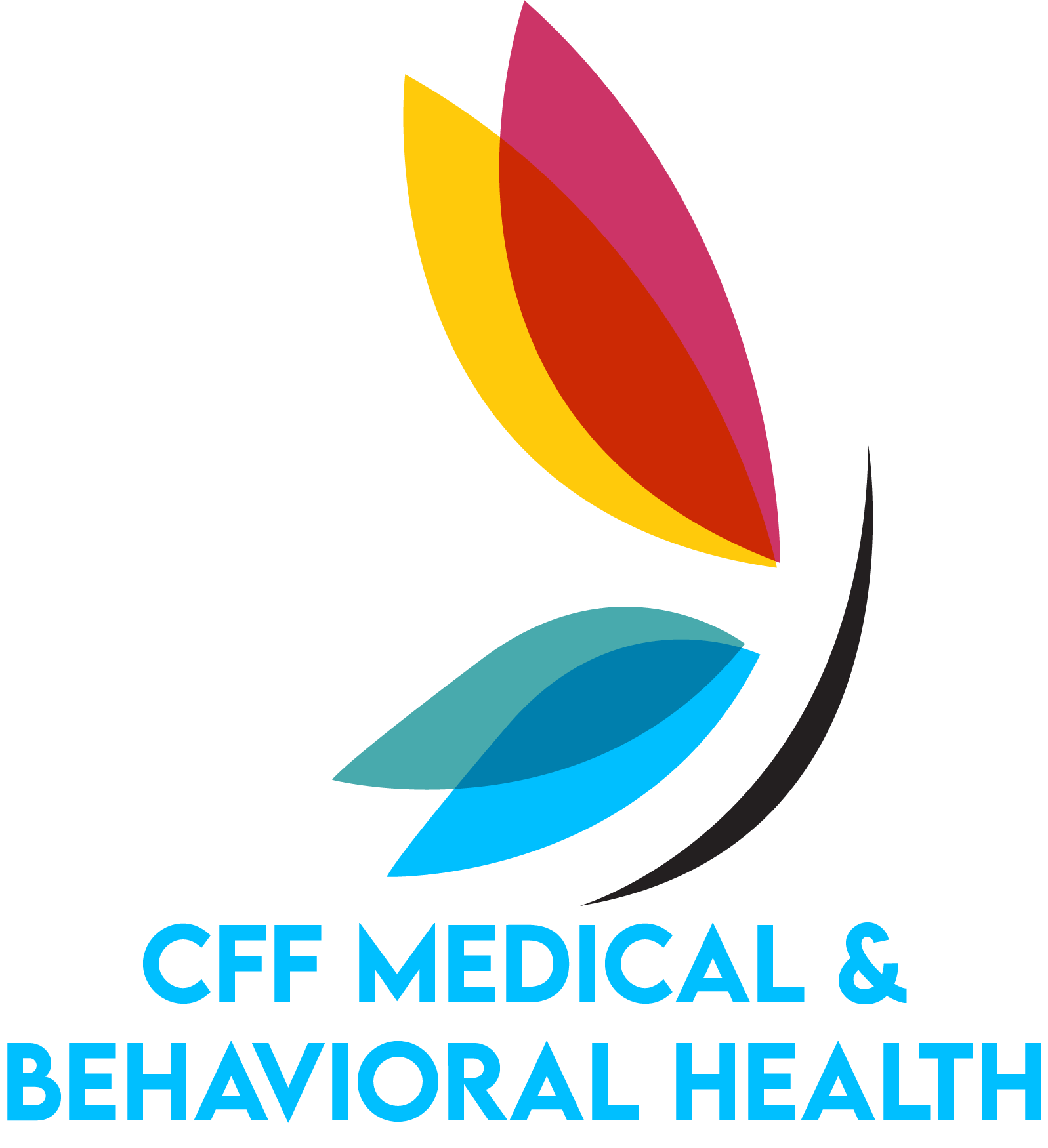Understanding PTSD and Trauma
Defining PTSD
Post-Traumatic Stress Disorder (PTSD) is a mental health condition triggered by experiencing or witnessing a traumatic event. It is characterized by intense, disturbing thoughts and feelings related to the trauma that persist long after the event has ended. Individuals with PTSD may relive the event through flashbacks or nightmares, feel sadness, fear, or anger, and may feel detached or estranged from other people.
Defining Trauma
Trauma refers to the emotional response to a distressing or disturbing event. While trauma can result from a single incident, it can also stem from ongoing, repetitive stress. Trauma can affect anyone and can lead to a range of emotional and physical symptoms. Unlike PTSD, trauma does not always lead to a diagnosable mental health condition, but it can significantly impact an individual’s well-being.
Differentiating Between PTSD and Trauma
While trauma is the emotional response to a distressing event, PTSD is a specific mental health condition that can develop after experiencing trauma. Not everyone who experiences trauma will develop PTSD. The key differences between PTSD and trauma include:
| Aspect | Trauma | PTSD |
|---|---|---|
| Definition | Emotional response to a distressing event | Mental health condition triggered by trauma |
| Duration | Can be short-term or long-term | Persistent and long-lasting |
| Symptoms | Emotional distress, physical symptoms | Flashbacks, nightmares, severe anxiety |
| Diagnosis | Not always a diagnosable condition | Diagnosable mental health disorder |
Understanding the distinctions between PTSD and trauma is crucial for identifying the appropriate treatment and support. For those experiencing symptoms, seeking professional help is essential. Learn more about the signs you may need professional mental health treatment and how to choose the right mental health provider for your needs.
Causes and Symptoms
Understanding the causes and symptoms of PTSD and trauma is crucial for identifying the appropriate treatment and support. In this section, we will explore the origins and manifestations of both conditions.
Causes of PTSD
Post-Traumatic Stress Disorder (PTSD) is a mental health condition triggered by experiencing or witnessing a traumatic event. The causes of PTSD can vary widely, but some common sources include:
- Combat Exposure: Military personnel who have been in combat situations.
- Physical Assault: Victims of violent crimes such as robbery or assault.
- Sexual Violence: Survivors of rape or sexual abuse.
- Accidents: Individuals involved in severe car accidents or natural disasters.
- Childhood Trauma: Experiencing abuse or neglect during childhood.
Causes of Trauma
Trauma, on the other hand, refers to the emotional response to a distressing event. While not everyone who experiences trauma will develop PTSD, the causes of trauma can be similar to those of PTSD. Common causes include:
- Natural Disasters: Earthquakes, hurricanes, or floods.
- Accidents: Car crashes, workplace injuries.
- Violence: Physical or emotional abuse, domestic violence.
- Loss: The death of a loved one, divorce.
- Medical Emergencies: Severe illness or invasive medical procedures.
Symptoms of PTSD and Trauma
The symptoms of PTSD and trauma can overlap, but there are distinct differences. Recognizing these symptoms is essential for seeking the right treatment.
| Symptom Category | PTSD | Trauma |
|---|---|---|
| Re-experiencing | Flashbacks, nightmares, intrusive thoughts | Distressing memories, emotional numbness |
| Avoidance | Avoiding reminders of the event, feeling detached | Avoiding places, people, or activities |
| Arousal and Reactivity | Hypervigilance, irritability, difficulty sleeping | Anxiety, heightened startle response |
| Cognition and Mood | Negative thoughts, feelings of guilt or blame | Depression, mood swings, difficulty concentrating |
For those experiencing these symptoms, it is important to seek professional help. Early intervention can significantly improve outcomes. Learn more about the signs you may need professional mental health treatment.
Understanding the causes and symptoms of PTSD and trauma helps in differentiating between the two and identifying the most effective treatment approaches. For more information on therapeutic interventions, visit our article on the role of therapy in treating anxiety depression and ptsd.
Impact on Mental Health
Psychological Effects of PTSD
Post-Traumatic Stress Disorder (PTSD) can have profound psychological effects on individuals. Those suffering from PTSD may experience intense and disturbing thoughts related to their traumatic experiences. These thoughts can manifest as flashbacks, nightmares, and severe anxiety. Individuals may also exhibit avoidance behaviors, steering clear of places, people, or activities that remind them of the trauma.
PTSD can lead to emotional numbness, detachment from others, and a diminished interest in previously enjoyed activities. Hyperarousal symptoms, such as being easily startled, feeling tense, or having difficulty sleeping, are also common. These psychological effects can significantly impair daily functioning and overall quality of life.
Psychological Effects of Trauma
Trauma, while not always leading to PTSD, can still have significant psychological impacts. Individuals who have experienced trauma may suffer from acute stress reactions, including shock, denial, and confusion. Emotional responses such as sadness, anger, and guilt are also prevalent.
Trauma can lead to difficulties in concentration, mood swings, and feelings of helplessness. In some cases, individuals may develop anxiety or depression as a result of their traumatic experiences. The psychological effects of trauma can vary widely depending on the individual’s resilience, support system, and the nature of the traumatic event.
Long-Term Consequences
Both PTSD and trauma can have long-term consequences on mental health. Chronic PTSD can lead to persistent mental health issues, including depression, anxiety disorders, and substance abuse. The ongoing stress and hyperarousal associated with PTSD can also contribute to physical health problems, such as cardiovascular disease and weakened immune function.
Trauma survivors may experience long-term emotional and psychological challenges, even if they do not develop PTSD. These can include chronic anxiety, depression, and difficulties in forming and maintaining relationships. The long-term impact of trauma can also affect an individual’s ability to work, study, and engage in social activities.
| Condition | Psychological Effects | Long-Term Consequences |
|---|---|---|
| PTSD | Flashbacks, nightmares, severe anxiety, avoidance behaviors, emotional numbness, hyperarousal | Chronic mental health issues, substance abuse, physical health problems |
| Trauma | Acute stress reactions, emotional responses (sadness, anger, guilt), concentration difficulties, mood swings | Chronic anxiety, depression, relationship difficulties, impaired daily functioning |
Understanding the psychological effects and long-term consequences of PTSD and trauma is crucial for providing effective treatment and support. For more information on recognizing the signs that professional help may be needed, visit our article on signs you may need professional mental health treatment. Additionally, exploring therapeutic interventions and support systems can aid in recovery and improve overall well-being. Learn more about the role of therapy in treating these conditions in our article on the role of therapy in treating anxiety depression and ptsd.
Treatment Approaches
Therapeutic Interventions for PTSD
When addressing PTSD, therapeutic interventions are crucial. We often utilize evidence-based therapies to help individuals process their trauma and develop coping mechanisms. Cognitive Behavioral Therapy (CBT) is one of the most effective treatments for PTSD. It helps patients reframe negative thought patterns and reduce symptoms. For more information on how CBT can assist with PTSD, visit our article on how cognitive behavioral therapy (cbt) helps with anxiety & depression.
Another effective therapy is Eye Movement Desensitization and Reprocessing (EMDR). This approach involves guided eye movements to help individuals process and integrate traumatic memories. EMDR has been shown to reduce the distress associated with traumatic memories.
Group therapy and support groups also play a significant role in PTSD treatment. These settings provide a safe space for individuals to share their experiences and gain support from others who have faced similar challenges.
Therapeutic Interventions for Trauma
Trauma-focused therapies are designed to help individuals process and heal from traumatic experiences. Trauma-focused CBT (TF-CBT) is a specialized form of CBT that addresses the unique needs of trauma survivors. It combines cognitive-behavioral techniques with trauma-sensitive approaches to help individuals process their trauma and develop healthy coping strategies.
Narrative therapy is another effective intervention for trauma. This approach encourages individuals to reframe their traumatic experiences and create a new narrative that promotes healing and empowerment.
Somatic therapies, such as Somatic Experiencing, focus on the physical sensations associated with trauma. These therapies help individuals release stored tension and trauma from their bodies, promoting overall healing.
Medication Options
Medication can be an important component of treatment for both PTSD and trauma. Antidepressants, such as selective serotonin reuptake inhibitors (SSRIs), are commonly prescribed to help manage symptoms of PTSD and trauma-related disorders. These medications can help alleviate symptoms such as depression, anxiety, and intrusive thoughts.
| Medication Type | Common Uses | Examples |
|---|---|---|
| Antidepressants | Depression, Anxiety, PTSD | SSRIs, SNRIs |
| Anti-anxiety Medications | Anxiety, Panic Attacks | Benzodiazepines |
| Sleep Aids | Insomnia, Nightmares | Prazosin, Trazodone |
It’s important to note that medication should be used in conjunction with therapy for the best outcomes. Our team at CFF Medical & Behavioral Health in Columbus, OH, works closely with patients to develop comprehensive treatment plans that address their unique needs. For more information on the role of medication in mental health treatment, visit our article on medication vs. therapy: which is best for mental health treatment?.
Seeking professional help is crucial for individuals dealing with PTSD and trauma. Our experienced team is here to provide the support and treatment needed for recovery. If you or someone you know is struggling, don’t hesitate to reach out. For more information on recognizing the signs that you may need professional help, visit our article on signs you may need professional mental health treatment.
Seeking Help
Importance of Seeking Professional Help
Understanding the differences between PTSD and trauma is crucial, but recognizing the importance of seeking professional help is even more vital. Professional intervention can provide the necessary support and treatment to manage symptoms effectively. At CFF Medical & Behavioral Health in Columbus, OH, we emphasize the significance of early intervention and tailored treatment plans. Seeking help from qualified mental health professionals can lead to better outcomes and improved quality of life.
Support Systems for PTSD and Trauma Survivors
Support systems play a critical role in the recovery process for individuals dealing with PTSD and trauma. These systems can include family, friends, support groups, and professional networks. At CFF Medical & Behavioral Health, we offer comprehensive support services designed to assist individuals in their recovery journey. Our support systems are structured to provide emotional, psychological, and practical assistance, ensuring that survivors do not feel isolated.
| Support System | Description |
|---|---|
| Family and Friends | Emotional support, understanding, and encouragement. |
| Support Groups | Peer support, shared experiences, and coping strategies. |
| Professional Networks | Access to therapists, counselors, and medical professionals. |
Resources for Treatment and Recovery
Access to the right resources is essential for effective treatment and recovery from PTSD and trauma. At CFF Medical & Behavioral Health, we provide a range of resources tailored to meet the unique needs of each individual. These resources include therapeutic interventions, medication management, and holistic approaches.
- Therapeutic Interventions: Our therapeutic services include cognitive behavioral therapy (CBT), which is effective in treating anxiety, depression, and PTSD. Learn more about how cognitive behavioral therapy (cbt) helps with anxiety & depression.
- Medication Management: We offer medication options to help manage symptoms. For more information, visit our article on medication vs. therapy: which is best for mental health treatment?.
- Holistic Approaches: We also provide alternative therapies that complement traditional treatments. Explore our article on holistic approaches to mental health: alternative therapies that work.
For those seeking help, it’s important to recognize the signs that professional treatment may be needed. Our article on signs you may need professional mental health treatment can provide valuable insights. Additionally, choosing the right mental health provider is crucial for effective treatment. Learn more about how to choose the right mental health provider for your needs.
By leveraging these resources and support systems, individuals can navigate the complexities of PTSD and trauma with confidence and hope.








